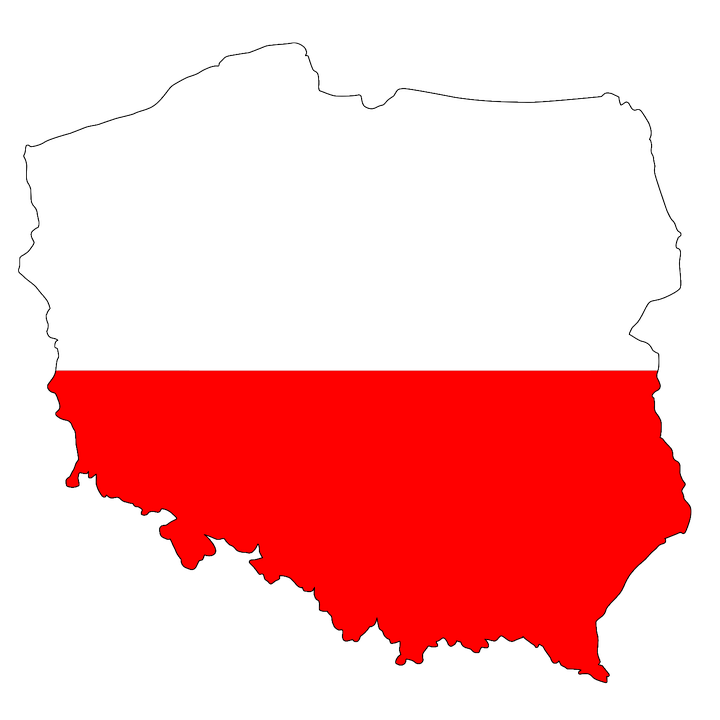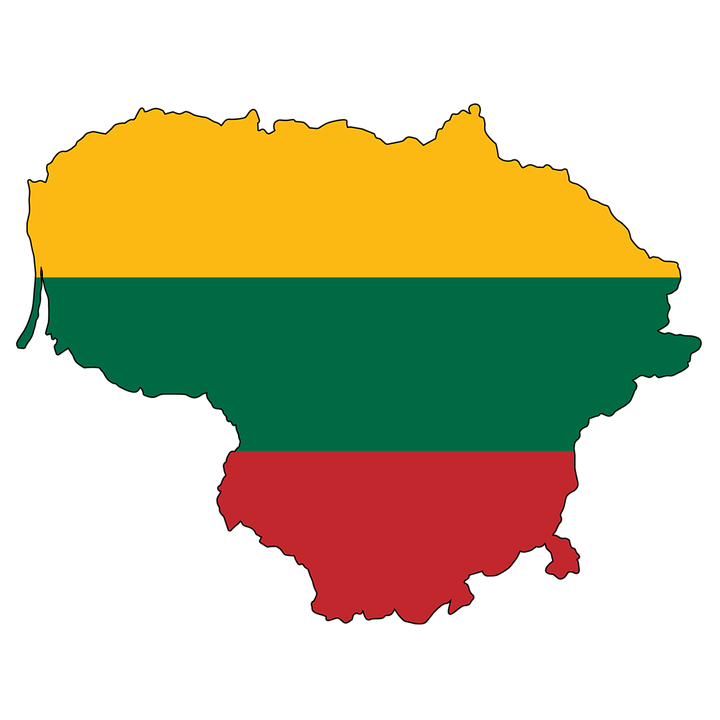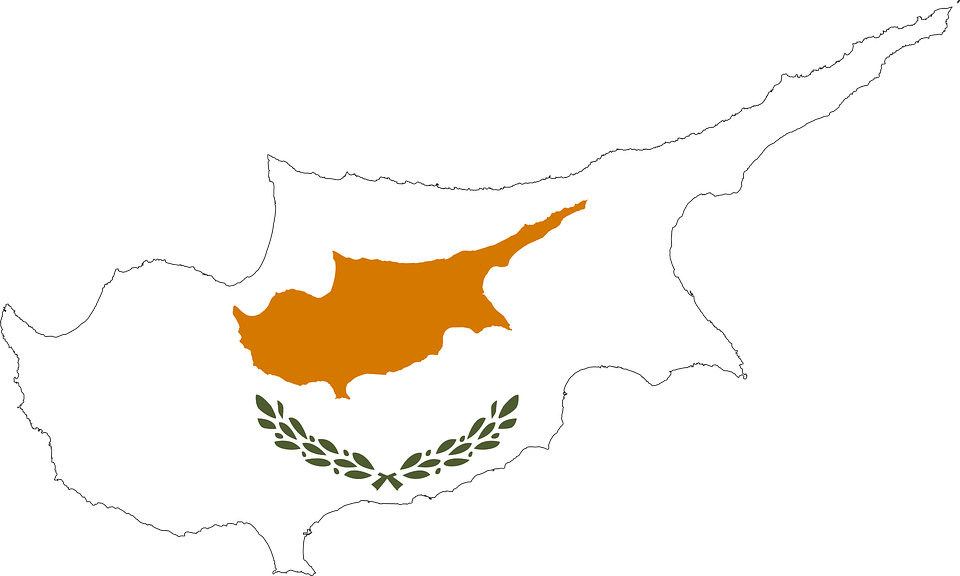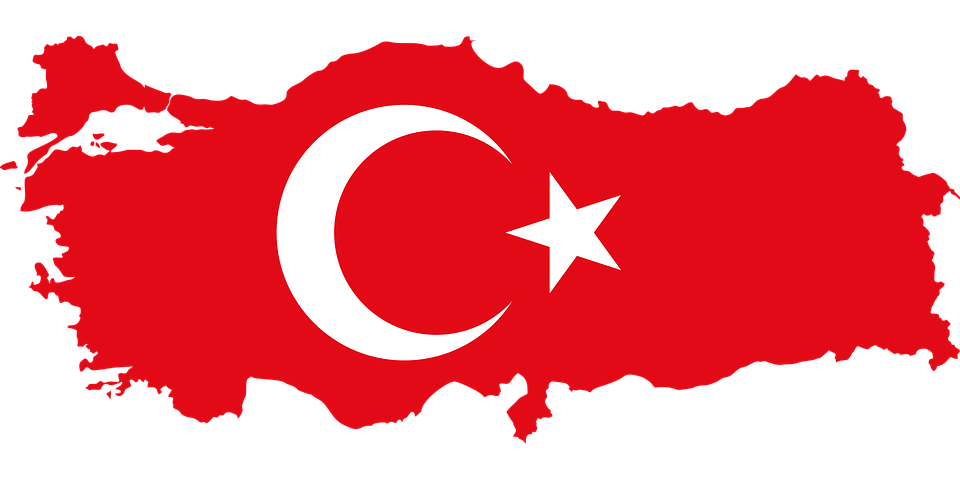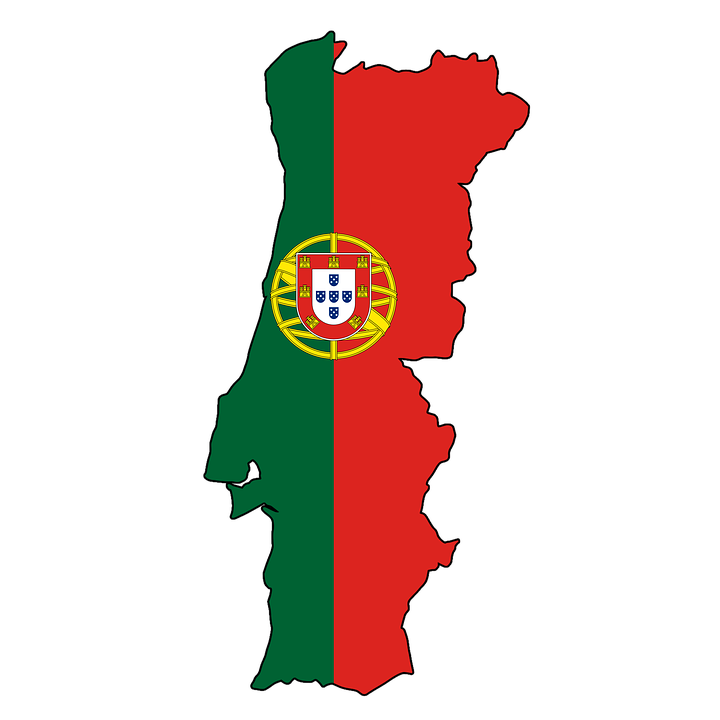- Details
- Super User
- Uncategorised
- Hits: 2211
Portugal
Portugal (Portuguese Republic) is a sovereign state located on the Iberian Peninsula in southwestern Europe. It is the westernmost country of mainland Europe, being bordered to the west and south by the Atlantic Ocean and to the north and east by Spain. Its territory also includes the Atlantic archipelagos of the Azores and Madeira, both autonomous regions with their own regional governments. At 1.7 million km2, its Exclusive Economic Zone is the 3rd largest in the European Union and the 11th largest in the world.

- Details
- Super User
- Uncategorised
- Hits: 1427
Jurgis Miksas Basic school
Our school is near the main road from Klaipeda to Silute. The full name of our school is Jurgis Miksas Basic school. Students from surrounding villages learn there.
Jurgita Lidžiuvienė is the headmaster of the school from February 2013. Stanislova Baltutienė (the headmaster‘s deputy of education) and Pranas Barkauskas (the headmaster‘s deputy of property) were selected by competition.


The school has also got the bookkeeper, the head office, the health care professional, the computer professional, the cleaning staff, building maintenance workers, the school bus driver and staff who is responsible for the heating. About 50 people in total work here.
There are 168 students in our school. Grades 1-4 have 70 students, 5-10 grades have 98 students. There are 77 girls and 91 boys.
31 educators (teachers) work at school: 8 of them have a category of methodologist, 17 are senior teachers and 6 just teachers. Such experts as :a social educator, a speech therapist, a special educator, a teacher‘s assistant and a psychologist can help our students.
Our school is nice, safe and hospitable.
- Details
- Super User
- Uncategorised
- Hits: 1943

Our country has 38.5 million people and is the 34th most populous place in the world, and 6th in the European Union. The capital of Poland is Warsaw. The emblem of our country is a white eagle with a crown placed on a red background. White and red are also the colors of our national flag. The currency of our country is 1złoty.
Pomerania is a historical region for Poland and Germany. It lies at the mouth of Reknica river, Oder and Vistula to the Baltic Sea. Name of the region comes from the geographical position of "lying land by the sea or near the sea" or "land reaching the sea." Slupsk is the Middle Pomerania. Principal urban complex of the TriCity region is Gdańsk, Gdynia and Sopot.
From our city it is close to seaside resorts such as Ustka, Rowy and Łeba. Between Rowy and Łeba there’s the Slowinski National Park, where you can admire the moving dunes. Baltic Sea or Balticis called Mediterranean Sea in northern Europe, because from all sides it is surrounded by land, and connected to the North Sea with only a few shallow straits. Baltic Sea area is about 415 266 km ². The volume of the sea is 21 721 km ³.
In Slupsk there is a nice shopping center, Cinema, a bowling alley, a few ("eagles") football pitches under the open sky. In our town there are a lot of greenery. You can have fun and relax in two large parks, ropes course, train on a modern stadium and a ellequipped sports sports hall.
Our school is located in the city center. The full name is: Lieutenant Commander Stanisława Hryniewieckiego Primary School No. 9. Children from 6 to 14 years old are learning here. We have. 302 pupils and 45 teachers. Our school isn’t big, but it is safe, because everyone know.
- Details
- Super User
- Uncategorised
- Hits: 29592
POLAND
- Międzykulturowość w szkole – Poradnik dla nauczycieli i specjalistów (wydany przez ORE)
- Osiem kroków czyli kilka praktycznych rad (wydany przez ORE)
- Uczniowie z różnych kultur w szkole (wydana przez ORE)
- Szkoła wobec wyzwań migracyjnych: uchodźcy w szkole (wydana przez ORE)
- Wielokulturowość w klasie na przykładzie projektu współfinansowanego ze środków Programu „Uczenie się przez całe życie” – Języki Obce w Szkole
- Dziecko migranckie w naszej klasie. Rekomendacje nauczycieli dla nauczycieli [pdf. 1.1 MB] (publikacja przygotowana w ramach projektu „Międzykulturowa szkoła w wielokulturowej społeczności” realizowanego przez Międzynarodową Organizację do spraw Migracji (IOM) w partnerstwie z Urzędem m.st. Warszawy i Kuratorium Oświaty w Warszawie)
- Edukacja wobec wyzwań migracyjnych (źródło: ore.edu.pl)
- Materiały dotyczące edukacji wobec wyzwań migracyjnych (źródło: ore.edu.pl)
- Autobiografia spotkań międzykulturowych [pdf. 47.1 MB] (wydany przez ORE)
- Inny w polskiej szkole. Poradnik dla nauczycieli pracujących z uczniami cudzoziemskimi [pdf. 3.7 MB]
- Praca z uczniem cudzoziemskim – Przewodnik dobrych praktyk [pdf. 4.3 MB]
- Wracam do szkoły – poradnik szkoła podstawowa część I [pdf. 2.2 MB]
- Wracam do szkoły – poradnik szkoła podstawowa część 2 [pdf. 1.9 MB]
- Edukacja międzykulturowa. Poradnik nauczyciela[pdf. 7.4 MB]
- Dlaczego tak trudno uczyć o świecie Islamu?[pdf. 1.3 MB]
- Zrozumieć innych, czyli jak uczyć o uchodźstwie
PORTUGAL
GREECE
- Υπουργείο Πολιτισμού και Αθλητισμού Ελλάδος
- Διαπολιτισμικό Κέντρο Προώθησης της Ένταξης Προσφύγων ΠΥΞΙΔΑ
- Κέντρο Διαπολιτισμικής ΑγωγήςΚέντρο Πολιτισμού Ίδρυμα Σταύρος Νιάρχος
LITHUANIA
- http://www.litlogos.eu/L64/Logos_64_042_050_Kuzmickas.pdf
- http://www.vinokuras.lt/imigracija-ir-daugiakulturiskumo-kontekstas/
- http://www.kpd.lt/
- https://unesco.lt/kultura/nematerialus-kulturos-paveldas
- http://ekultura.lt/
TURKEY
- Türkiye Kültür Portalı https://www.kulturportali.gov.tr/
- Kültürel Zenginlikte Türkiye http://europa.eu/youth/tr/article/43/14004_tr
- TÜRKİYE’DE ÇOK KÜLTÜRLÜ EĞİTİM VE ÇOK KÜLTÜRLÜ EĞİTİMDE ÖĞRETMEN YETERLİLİKLERİ
- http://www.kultur.gov.tr/
- BM Mülteci Örgütü
- Çok Kültürlülük
- Kültür ve Yaratıcılık
- Türkiye'nin 15 Dünya Mirası
- Kültür Varlıkları
- Türk Kültürü
- Birleşmiş Milletler Eğitim, Bilim ve Kültür Kurumu (UNESCO)
CYPRUS
- Details
- Super User
- Uncategorised
- Hits: 30102
POLAND
Safety
- Bezpieczeństwo dzieci i młodzieży online
- Kultura bezpieczeństwa dla klas I-III szkoły podstawowej
- Jestem bezpieczny na drodze
- Bezpieczeństwo na drodze
- Wzmacnianie właściwych zachowań i eliminowanie zagrożeń
- Scenariusz zajęcia otwartego "Jestem bezpieczny"
- Włącz ostrożność" - film edukacyjny dla klas 1-3
- Klub Bezpiecznego Puchatka
- Baw się i będź bezpieczny
- Bezpieczeństwo pożarowe i nie tylko
- Edukacja i profilaktyka pożarowa
- Bezpieczeństwo w internecie
- Bezpieczeństwo w lesie
PORTUGAL
GREECE
- Ελληνική Αστυνομία
- Ελληνική Ομάδα Διάσωσης
- Υπουργείο Εθνικής Άμυνας Ελλάδος
- Πυροσβεστικό Σώμα Ελλάδας
LITHUANIA
1. https://www.esaugumas.lt/lt
2. https://www.draugiskasinternetas.lt/lt
3. http://policija.lrv.lt/lt/policija-pataria
4. http://www.vpgt.lt/go.php/Naujienos162
TURKEY
1. Okulumuzda yangın tatbikatı yapıldı.
2. Okulumuz öğrencilerine trafik eğitimi verildi.
3. Siber zorbalık ve korunma yolları
5. Yangına karşı alınması gereken önlemler
6. Afetlere karşı alınması gereken önlemler
7. Okul içi güvenlik önlemleri
10. Sahil Güvenliği
CYPRUS




